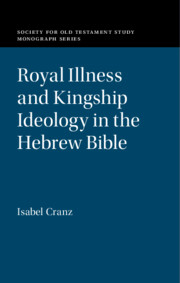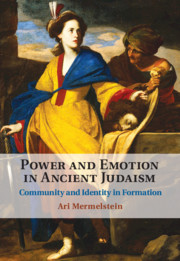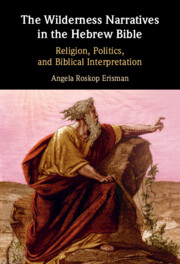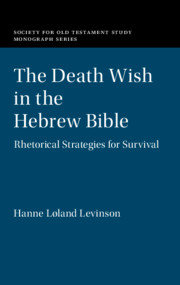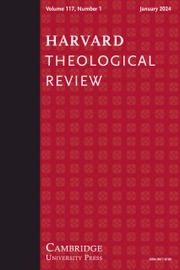Royal Illness and Kingship Ideology in the Hebrew Bible
In this book, Isabel Cranz offers the first systematic study of royal illness in the Books of Samuel, Kings and Chronicles. Applying a diachronic approach, she compares and contrasts how the different views concerning kingship and illness are developed in the larger trajectory of the Hebrew Bible. As such, she demonstrates how a framework of meaning is constructed around the motif of illness, which is expanded in several redactional steps. This development takes different forms and relates to issues such as problems with kingship, the cultic, and moral conduct of individual kings, or the evaluation of dynasties. Significantly, Cranz shows how the scribes living in post-monarchic Judah expanded the interpretive framework of royal illness until it included a message of destruction and a critique of kingship. The physical and mental integrity of the king, therefore, becomes closely tied to his nation and the political system he represents.
- Presents a comprehensive study of royal illness in the Books of Samuel, Kings and Chronicles
- Applies a diachronic approach in combination with medical humanities and disability studies
- Demonstrates how the motif of the sick king functions both symbolically and pragmatically, while being adapted to different ideological frameworks
Product details
October 2020Hardback
9781108830492
275 pages
145 × 220 × 20 mm
0.46kg
Available
Table of Contents
- Introduction: Part I. The Failure of Kingship and the Demise of the Nation: Illness as Frame:
- 1. Royal illness in stories about the early monarchy
- 2. Royal illness in the story cycles of Elijah and Elisha
- 3. The illnesses of Abijah and Hezekiah in light of Israelite and Judahite history
- Part II. Flawed Personalities and Divine Judgment: The Framing of Illness in the Book of Chronicles:
- 4. Jehoram spills his guts (Literally): The embodiment of retribution and the davidic covenant in 2 Chr 21
- 5. Royal illness and self-reliance: King Asa
- 6. Royal illness and arrogance: Uzziah and Hezekiah
- 7. Conclusions
- Bibliography
- Index.

